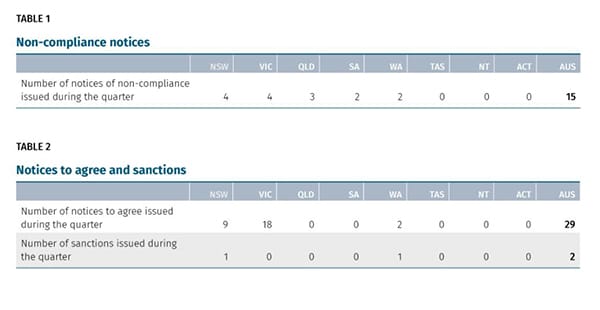New index developed to improve aged care and health outcomes for vulnerable seniors
A new frailty index is set to predict an individual’s risk of death as well as the likelihood of needing long-term residential aged care. The research project, led by the Registry of Senior Australians (ROSA) and Flinders University Research...

A new frailty index is set to predict an individual’s risk of death as well as the likelihood of needing long-term residential aged care. The research project, led by the Registry of Senior Australians (ROSA) and Flinders University Research Fellow Dr Jyoti Khadka says the ability to measure frailty at a population level should deliver broad benefits across the aged care sector. Frail seniors are more vulnerable to falls, injuries, dependency, and hospitalisation, so identifying those who might benefit from additional support early on can help lower the risk. “This is extremely important information because frailty can be treated or prevented,” Dr Khadka said. Some of treatment methods could be simple changes to diet and physical or mental exercise. Fellow research team member Professor Renuka Visvanathan, internationally recognized expert in geriatric medicine, says use of the index can be incorporated into the more than 186,000 aged care eligibility assessments currently performed each year by an aged care assessment team (ACAT). The frailty index was developed using historical data involving more than 900,000 older Australians, details of which have been published in the Medical Journal of Australia.





